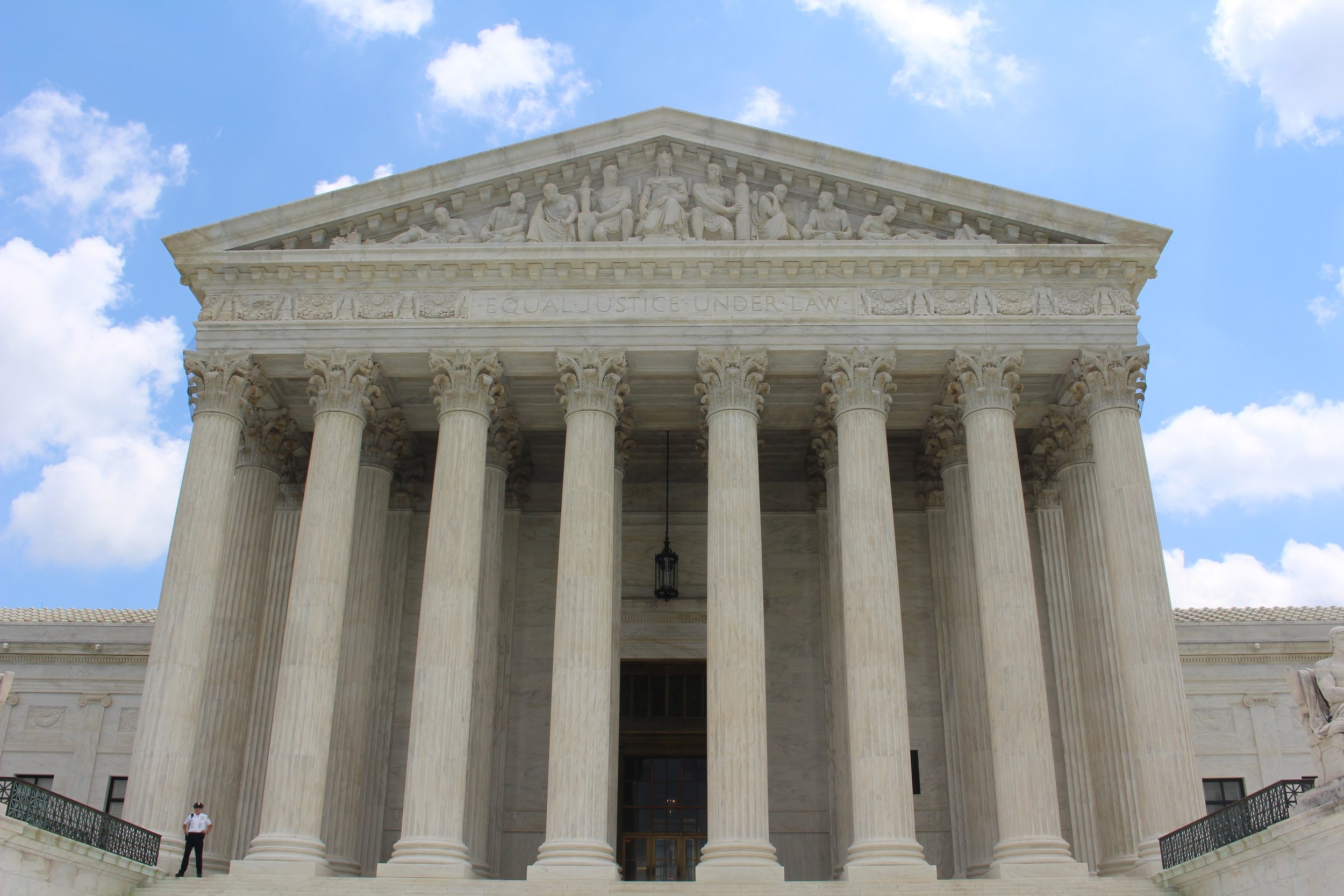The Details of Declaring a Habeas Corpus Application: A Guide for Looking For Post-Conviction Relief
Navigating the intricacies of submitting a habeas corpus petition is an important step for people looking for post-conviction alleviation. By exploring the complexities of this crucial lawful tool, people can discover potential opportunities for difficult convictions and eventually make every effort for fair results.
Recognizing Habeas Corpus Applications
When seeking to understand habeas corpus petitions, it is essential to understand the essential legal concepts underlying this powerful lawful remedy (Attorney). Habeas corpus, a Latin term significance "you will have the body," is a lawsuit that permits people to seek relief from unlawful apprehension or imprisonment. This centuries-old writ acts as a guard versus arbitrary state activity by giving a device for individuals to test the legitimacy of their confinement
The cornerstone of a habeas corpus application is the assertion that the petitioner's humans rights have actually been gone against, causing their illegal detention. This can include claims of due process infractions, inefficient support of advice, recently found evidence, or perhaps jurisdictional mistakes. Habeas corpus applications typically arise in the context of criminal procedures, where individuals test the legality of their sentences or the problems of their arrest.

Premises for Filing
There are numerous legal premises on which individuals may file a habeas corpus petition, each working as a basis for testing the lawfulness of their apprehension. These grounds normally include constitutional infractions, ineffective help of counsel, freshly discovered evidence, prosecutorial misconduct, and jurisdictional issues.
Constitutional violations develop a common basis for submitting a habeas corpus application, encompassing claims such as infractions of the right to a fair test, due procedure, or security against cruel and unusual penalty. Jurisdictional issues may emerge when the court that convicted the private lacked the authority to do so, providing a basis for testing the detention with a habeas corpus request.
Procedural Demands
Recognizing the step-by-step requirements for submitting a habeas corpus application is essential for making sure that the legal procedure is complied with accurately and properly. One basic procedural requirement is the fatigue of state remedies. This means that before a federal court can think about a habeas corpus application, the petitioner needs to have initially provided other the claims in state court and pursued all readily available avenues of alleviation. Failing to wear down state remedies can cause the federal court disregarding the petition.
In addition, there are stringent time limitations for submitting a habeas corpus request. The Antiterrorism and Effective Death Sentence Act (AEDPA) enforces a 1 year law of constraints, beginning with the day on which the sentence came to be final. Nonetheless, this deadline can be subject to particular exceptions based on certain scenarios.
Additionally, step-by-step requirements mandate that a habeas corpus application should include all appropriate insurance claims and sustaining evidence. Insufficient or insufficient petitions may be dismissed or postponed, highlighting the value of complete preparation and adherence to step-by-step rules in looking for post-conviction alleviation via habeas corpus.
Testing Convictions
Exactly how can people efficiently test sentences via the process of filing a habeas corpus petition? Challenging sentences with a habeas corpus request involves offering legal arguments that show an infraction of constitutional civil liberties, step-by-step mistakes, or new evidence that was not offered throughout the original test. To be successful in challenging a sentence, petitioners must show that there was a fundamental defect in the criminal process that led to a wrongful sentence or an unjust sentence. This could consist of inadequate assistance of advice, prosecutorial misconduct, newly discovered proof of innocence, or infractions of the petitioner's constitutional civil liberties. Lawyer.
When submitting a habeas corpus petition to test a conviction, it is critical to abide by rigorous procedural demands, present engaging lawful debates supported by proof, and express just how the alleged mistakes impacted the justness of the trial. kansas federal habeas corpus attorneys. Looking for the help of experienced attorneys or organizations specializing in post-conviction alleviation can considerably improve the chances of an effective end result when testing convictions through a habeas corpus petition

Protecting Fair Outcomes
To accomplish fair results in tough sentences via the declaring of a habeas corpus application, individuals have to carefully assess the legal basis for their cases and existing compelling proof sustaining their assertions. Securing reasonable results in post-conviction alleviation proceedings requires a detailed understanding of the lawful system, focus to information, and strategic planning. It is vital to have a clear strategy in position, describing the specific premises for the application and how today evidence aligns with legal arguments.
Furthermore, individuals seeking post-conviction relief needs to stick to all procedural requirements and due dates to guarantee their application is taken into consideration by the court. Failing to fulfill these needs can cause the termination of the application without the merits being examined. Furthermore, engaging the solutions of skilled legal specialists, such as attorneys specializing in habeas corpus applications, can considerably boost the possibilities of protecting reasonable outcomes.
Verdict
In final thought, the complexities of submitting a habeas corpus application for looking for post-conviction relief involve recognizing the premises for filing, meeting step-by-step demands, challenging convictions, and securing reasonable results (massachusetts federal habeas corpus petitons). It is vital to meticulously navigate the legal procedure to make sure the most effective chance of success in looking for relief via this opportunity. Comprehending the intricacies of habeas corpus petitions is important for people seeking to challenge their convictions and get justice